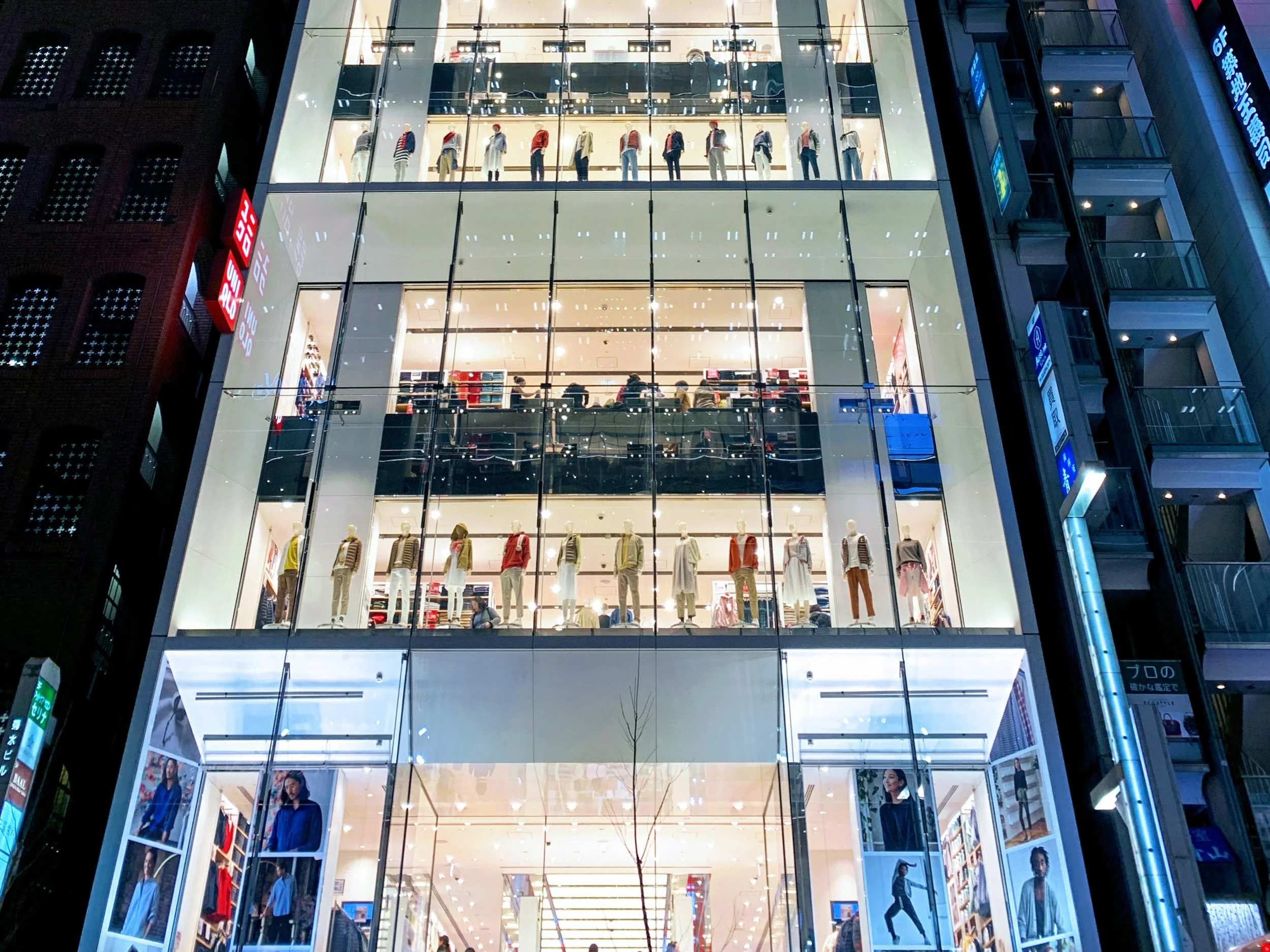Digital: Is It a Change, Evolution, Development Or Disruption?
DIGITAL: IS IT A CHANGE, EVOLUTION, DEVELOPMENT OR DISRUPTION?
Publication by Magnus Brehmer
810 Words | 3 min
Every now and then we face new things, innovations or product improvements or services we didn't realise we needed before we were introduced to them. It's not too often, but suddenly something really breath taking happens.
Imagine being around when timber logs were replaced with triangular wood elements fixed to a wagon, on witch you could load things, rather than dragging them on the logs on the ground? And then the day when some "rocket scientist of the time" decided to make them round instead of triangular?
But was the round shape of the wheel, in wood or stone, the most impressive innovation? Or was it when someone understood that you could produce rubber tires filled with air, which made them so much more functional and less energy demanding? Or was it when the first ball-bearings entered the scene? When you look into todays high performing tires on aluminum wheels, with superb grip in 300 km/h, or with the ability to work smoothly in 30 degrees below zero in snow and ice, you might want to rethink?
The wheel was for sure an incredibly important invention, and rather disruptive as well. The electricity also found its role in the development of modern society. Not to mention all the products following in its footsteps, like the light bulb, the washing machine, the telephone etc.
But how important was the TV or the colour-TV in that context? Or the mobile phone? But Internet, must for sure be described as a fundamental, disruptive invention? Or is it now, when digital technology makes it possible to utilise the true capacity of the internet, as the real disruption happens?
“We send emails telling our kids that the food is on the table within 20 minutes.”
When it is possible for an uneducated farmer in rural Africa to take a picture of his crops with his mobile phone, send it to the closest city market and get both an approval for harvesting it, and the price level he will get selling it, as we see the real disruption? Or when elderly people outside the cities, get automatically check-ups through a medical bracelet, and a follow up phone call from a doctor, asking how things are? Sending new medicine prescriptions over the smart phone, to be picked up in the local pharmacy?
Is digital going to be the next major disruption in society? The answer is NO. It already is!
In developed countries we shop on-line, we search information and we pay our bills through digital services. We socialise on facebook and we listen to music on Spotify, we talk over Skype and we entertain ourselves with Candy Crush Saga. We send emails telling our kids that the food is on the table within 20 minutes. And we are so busy flattering ourselves with our latest devices and super ultra fast broadband connections, that we miss what's happening around us!
Meanwhile, in a rural, never heard of country, in the deepest jungle somewhere behind a waterfall, an emerging country just jumps 100 years ahead. They don't have the same fixed costs for terrestrial TV and phone cables. They don't have the same fixed costs for old fashion highways or railways. They don't have hundreds of empty shopping malls, which now need to be converted to giant Starbucks or "experience parks". They don't have the issue of burned out city professionals, desperately trying to figure out what to do after the latest beauty surgery, in order to find a meaning with life. On the contrary, they can look at the history of US and Europe, Japan, Singapore and Hong Kong, and then they can start from an empty screen (we used to say white sheet of paper when we grew up). They start at the level where we are now, with the small difference that they don't need to carry the luggage of a history and population/market longing for the past. Go to Vietnam and talk to the average population there, and you might get an idea. They are young, educated, ambitious, happy and.......digital! The amount of elderly people who need to be supported by new generations is unusually low (a well-known war kind of influenced the demographics in the country).
It would be interesting to revisit the world in 2050 or 2100 to see how things have changed! You know it has happened before? China, Egypt, Incas in Peru, Roman empire etc., are all examples of leading cultures, which have been flourishing, only to be replaced by others in due time. And in this perspective it used to take 100-500 years back in those days for change. No broadband is that slow anymore. Change is the new normal, perfectly illustrated through Butler Carson in the TV series Downtown Abbey. But then it described a change happening within 30-50 years, and not too long ago!
Prepare for change.
Magnus Brehmer
BRAND POSITIONING & MANAGEMENT
________
Market Economist & Rhetorician with 25 years of international experience, as a specialist, manager, coach, teacher and consultant. Magnus has lectured at the IKEA Business College in Delft for many years, and regularly delivers speeches in various forums worldwide.












